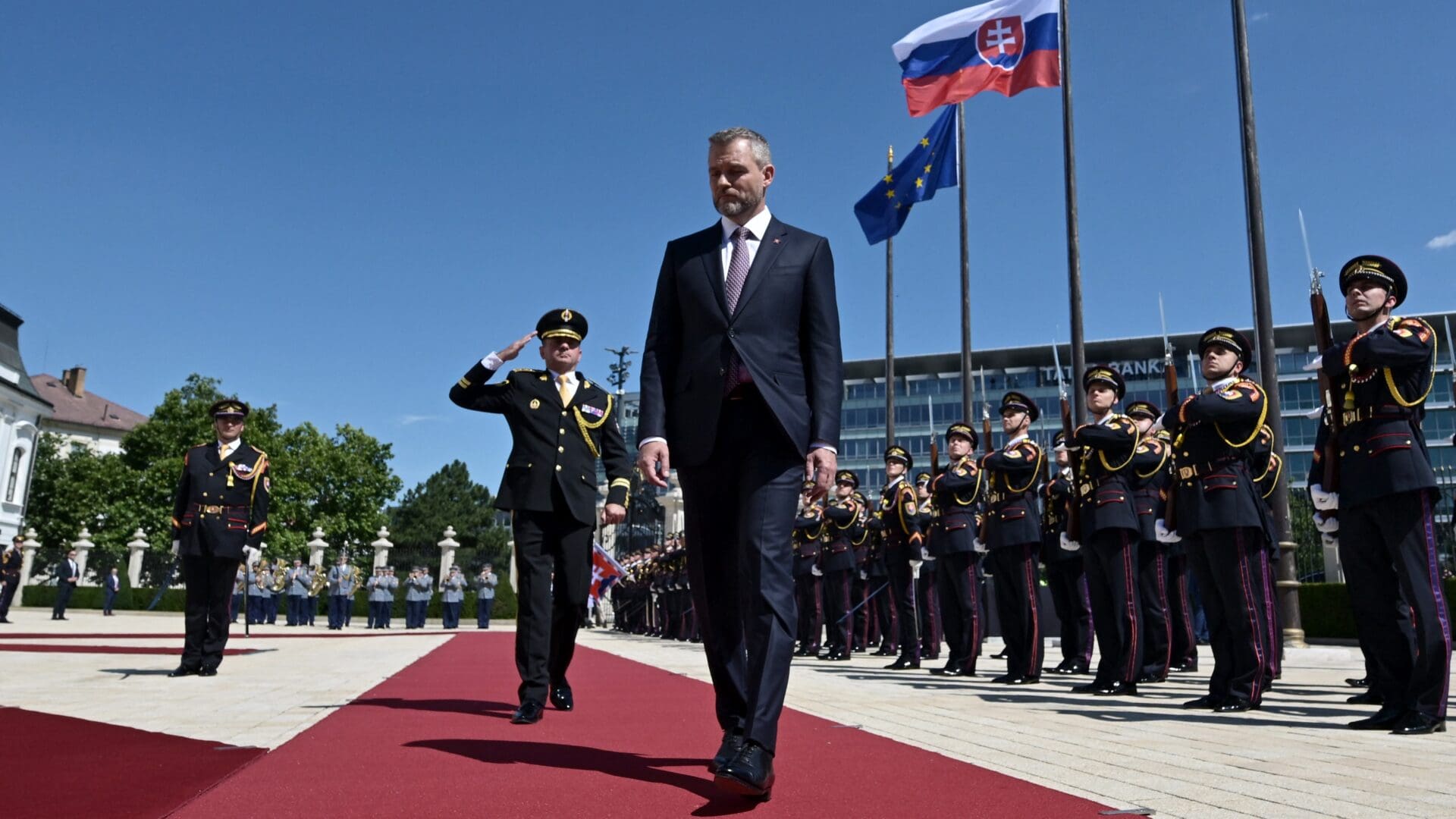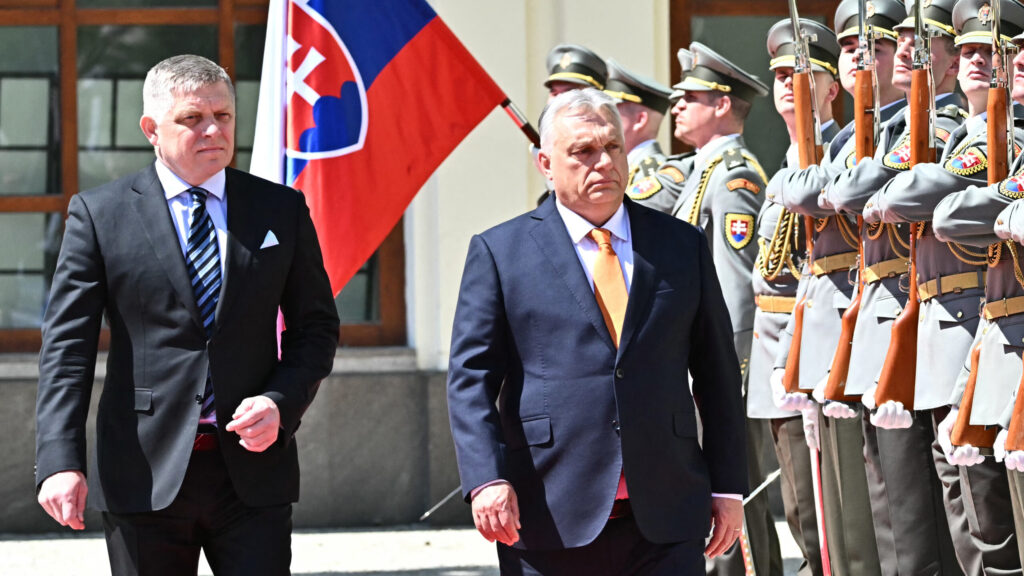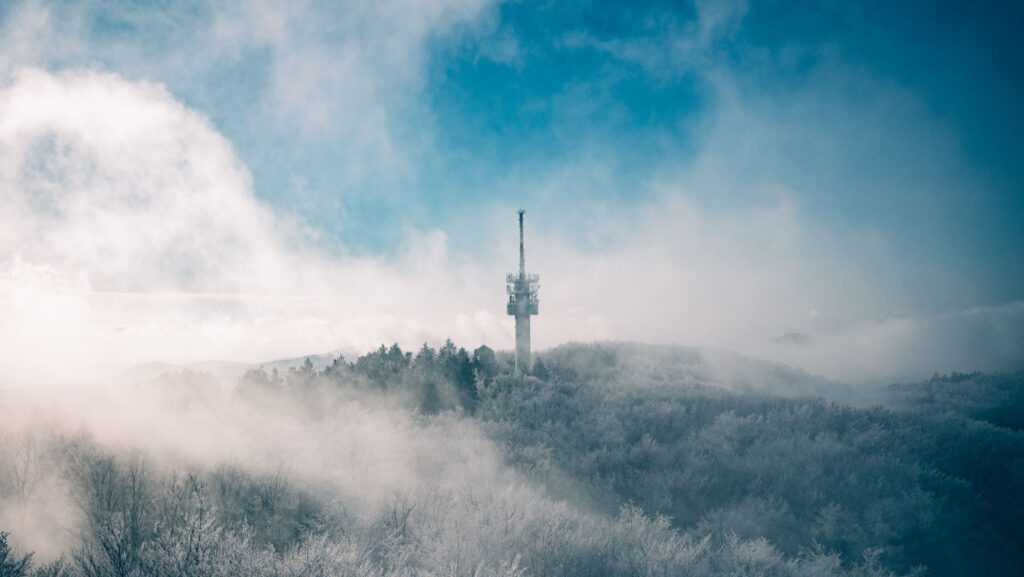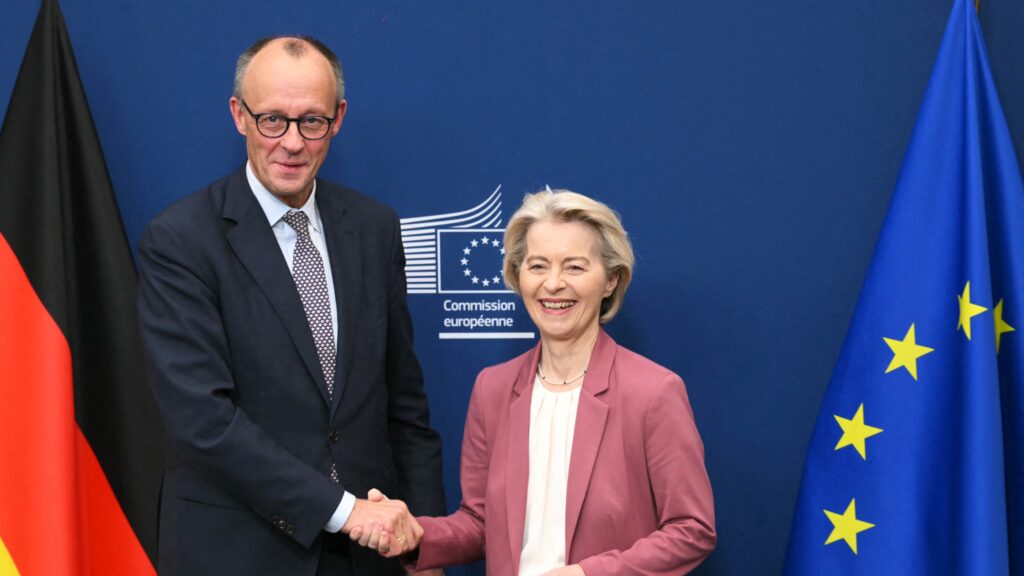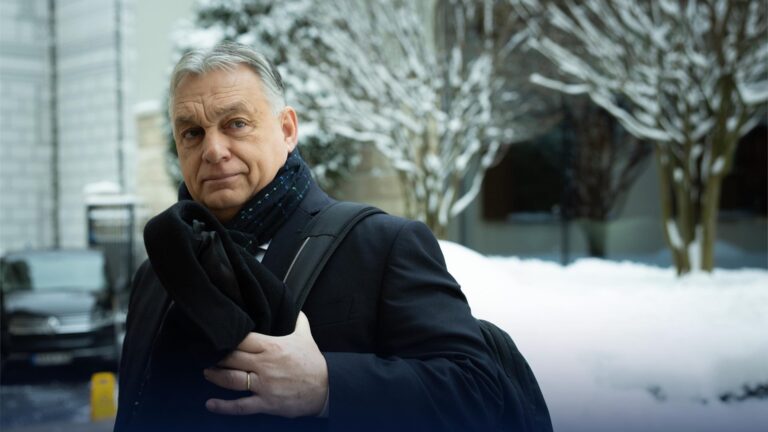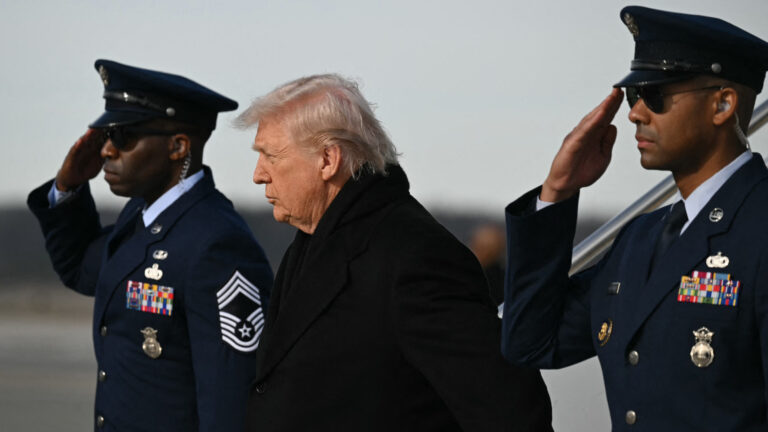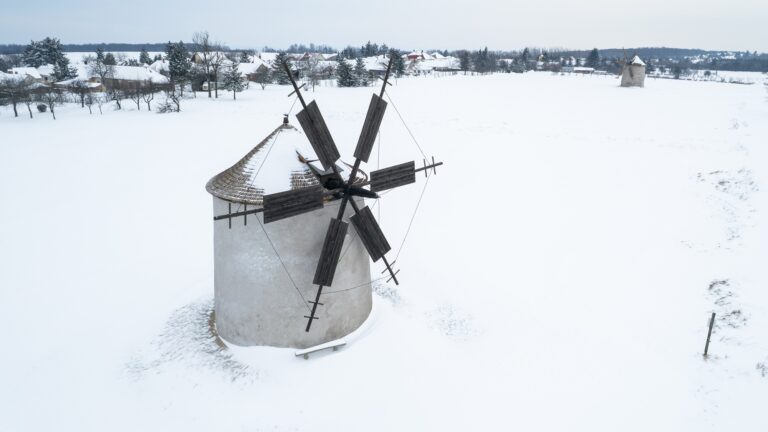After a decade of progressive decision-makers in office, Slovakia is now embarking on a new chapter under the leadership of a patriotic head of state.
Amidst unprecedented security measures, Slovakia’s newly elected president, Peter Pellegrini (49), was inaugurated on Saturday in Bratislava. This historical moment is not simply a change of guard but, after the 2023 parliamentary elections, it is the last step representing a significant shift in the country’s political landscape, stirring anticipation and hope for a patriotic future in Central Europe.
Slovakia’s prime minister, Robert Fico, who had been elected for the fourth time into office last September, was unfortunately unable to attend the ceremony as he is still recovering from an assassination attempt. The whole world was shocked when the news broke that an assailant fired five rounds at the Slovak prime minister on 15 May 2024 because he disagreed with Fico’s political views. Although the prime minister’s condition was critical after the attack, it is almost certain now that Fico will fully recover and return to his duties as head of government. However, the republic’s outgoing head of state, the utmost icon of Slovakian progressives, Zuzana Čaputová, was present at the inauguration. Despite being one of the most popular politicians in the country, to the astonishment of many, in the spring of 2023 she decided not to run for a second term in office. Čaputová called her decision personal. ‘After honest reflection, I now know I would not have enough strength for another mandate,’ she said in a press conference in June 2023.
Peter Pellegrini, a long-standing figure in Slovakian politics, has been one of the most popular politicians in the country for years. He ran for president as the Speaker of the Slovak parliament; before, between 2018 and 2020, he served as prime minister of Slovakia. He held both positions with distinction. With his election, he is the first politician in Slovakian history to have held all the three highest public positions. His rival in the elections was former minister of foreign affairs Ivan Korčok, a seasoned diplomat with a solid progressive political background. Although the fight was fierce between the two, the sovereigntist side emerged victorious in the elections by a large margin over the liberals. Peter Pellegrini reached 53.12 per cent of the vote
with 1.409 million votes cast, the second highest in the history of independent Slovakia.
The voter turnout in the 2024 presidential elections was also high, 61.14 per cent.
Following the ceremonial session of the National Council of the Slovak Republic, a Roman Catholic mass was held at St Martin’s Cathedral in Bratislava. In a personal and cordial message, Pope Francis congratulated Pellegrini on the start of his presidential term. ‘I extend my heartfelt congratulations on the commencement of your presidential mandate, and I offer my prayers for your success,’ wrote the head of the Roman Catholic Church in a message that was read by Apostolic Nuncio of Slovakia Nicola Girasoli at the end of the festive ceremony in the cathedral.
After the mass, Zuzana Čaputová, the outgoing president of the republic, symbolically handed over the Grassalkovich Palace to the new head of state on Saturday afternoon, and wished her successor a successful presidency. On the day of his inauguration, Pellegrini hosted a celebratory lunch in the palace, to which he, as a symbol of understanding across generations, invited fifteen young and fifteen older guests. In the evening, the president demonstrated his respect for the country’s history by laying a wreath at the Bratislava monument to Milan Rastislav Štefánik, a renowned Slovak politician and diplomat. He then paid his respects at the Devín (Dévény) Gate of Freedom monument, a symbol of the country’s struggle for independence. The inauguration ceremony concluded with a reception at the Bratislava Castle.
President Peter Pellegrini opened his inauguration speech with a personal remark saying how sorry he felt that his father, who had died a few days earlier, could not be present at this event of utmost importance. On the choice of values, Pellegrini reaffirmed his conservatism, saying that he considers the state, nation, family, and the individual to be the most significant values. ‘Defining socially accepted values and a common vision for the future is the best foundation for the nation to prosper even in difficult times,’ he said, adding that he primarily wants to promote social peace from the presidential palace. ‘For a long time, my political belief has been a strong state, which is always a help, never a burden to its citizens, and always serves them.’ According to him, the state should be able to care for people from the cradle to the grave. It should be strong enough to intervene when the market collapses and to find a solution. He pointed out that the state must also be strong from the outside.
It must protect the country’s national interests and take its place in the world at the negotiating table
where joint, important decisions are made.
In his speech the president also indicated that he entirely agrees with the Constitution regarding national values. ‘The word nation can never fall victim to political correctness. I respect every single citizen of the Slovak Republic, regardless of what their nationality is,’ he highlighted. According to him, the Slovak nation has the right to the acknowledgement of the historical fact that the democratic Slovak Republic was established as a means of self-determination. ‘The basis of Slovak society is the family, which is the basis for the transfer of values and the formation of values,’ he nailed down, adding that it is the individual that should be at the centre of attention. ‘We are not born with the same abilities, but everyone deserves the same opportunities and the same starting line,’ he remarked.
Unlike in the United States, the role of the president in Slovakia is much more formal; real power is concentrated in the hands of the prime minister and the national council. At the same time, Peter Pellegrini is moving from the leader’s chair of the second strongest government party (Hlas–SD) to the velvet chair of the state president. As a result, he can be a shaper of Slovakia not only with his presidential authority but also with his real party political connections. This is confirmed by the fact that although Pellegrini has resigned from the post of president of Hlas–SD, he still retains the position of ‘founding president’, which, although is a symbolic seat, much more can be gained from it if there is a will to do so. As the founding president, Pellegrini can, for instance, still participate in the meetings of the Hlas–SD’s bodies. However, in his inauguration speech, the new head of state spoke about wanting to become a president above parties. Among the goals of his programme as president, Pellegrini named
the construction of a strong, solidary state
as the first. ‘I want a Slovakia that does not punish anyone for not being born in the capital or in one of the county seats. I want to build a Slovakia where everyone can live happily and peacefully, regardless of nationality, skin colour, religious affiliation or orientation,’ the President declared.
Related articles:

